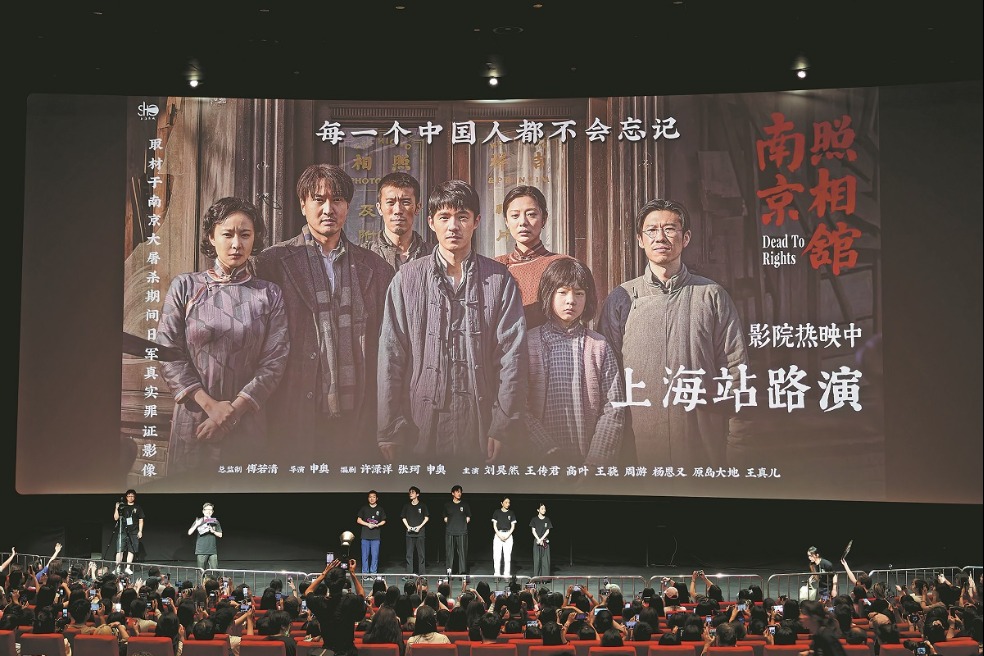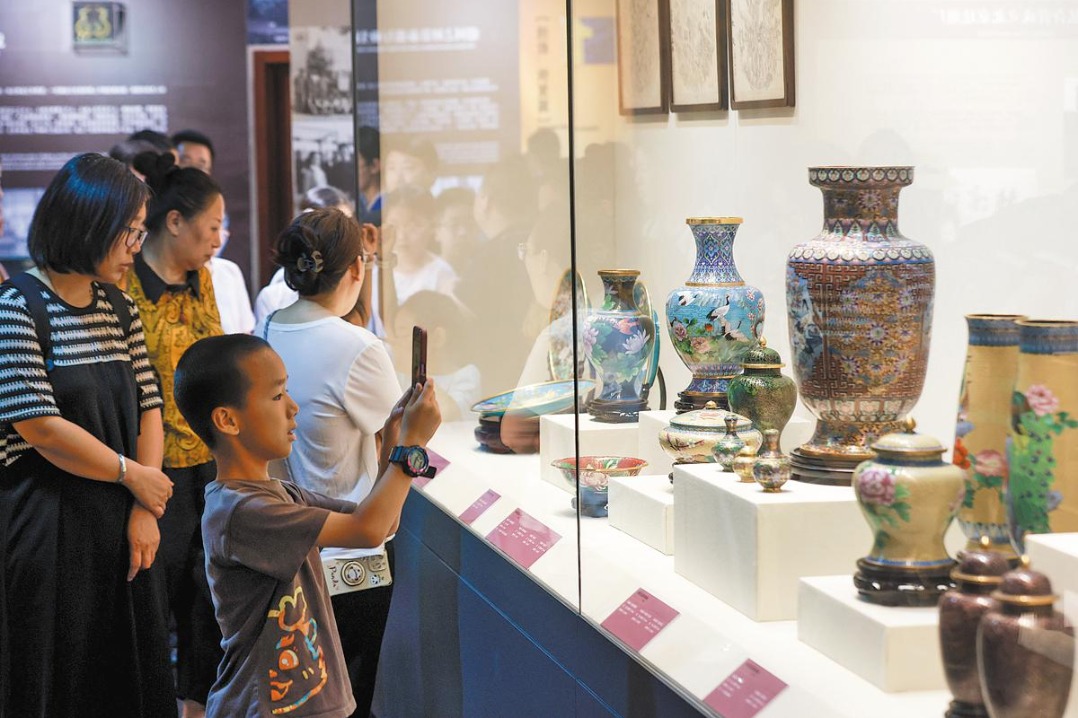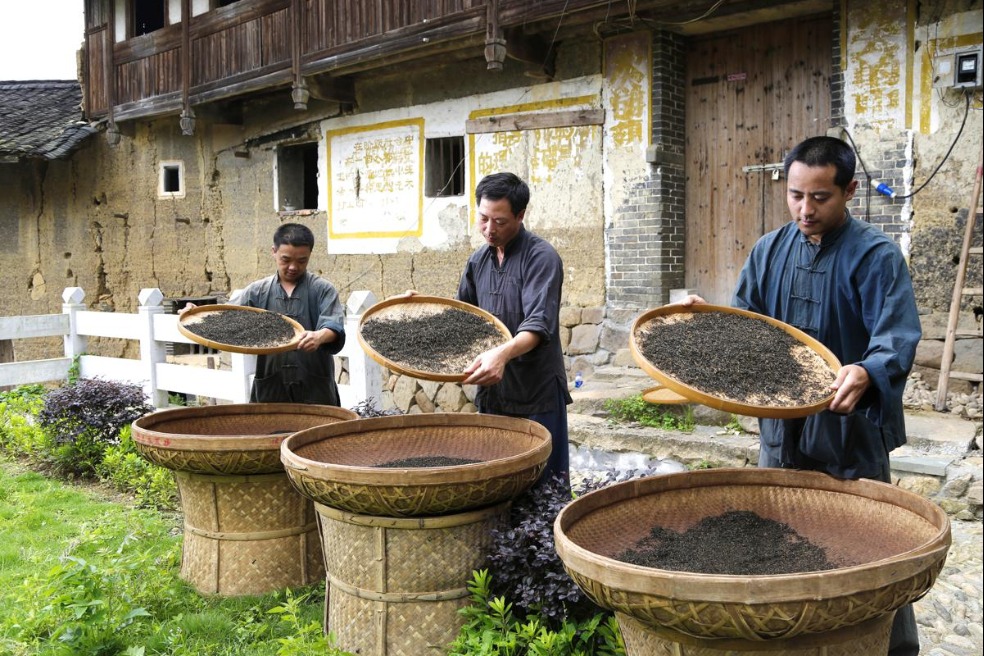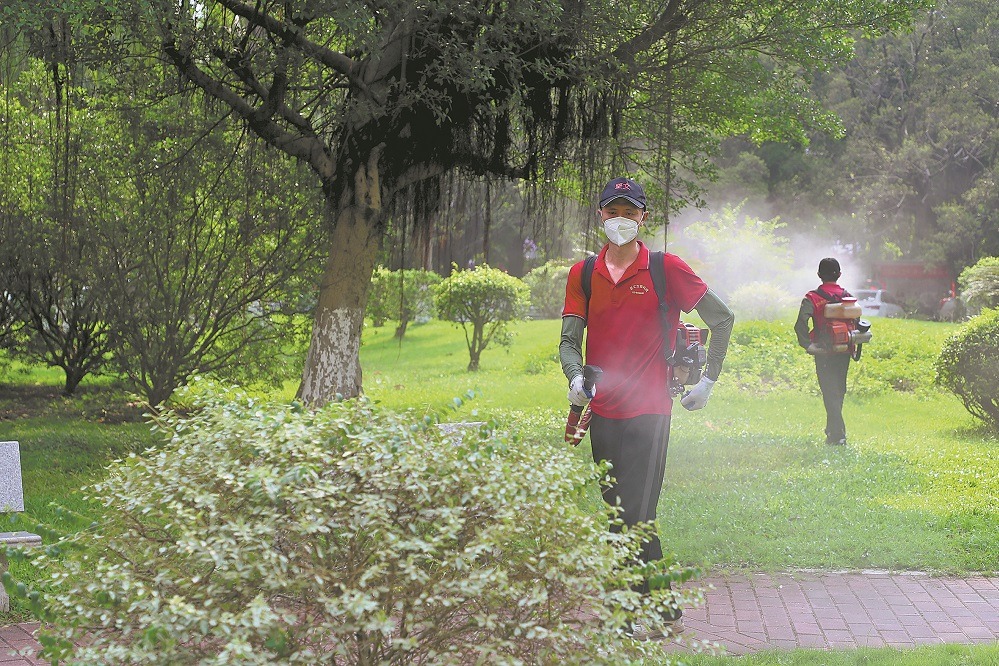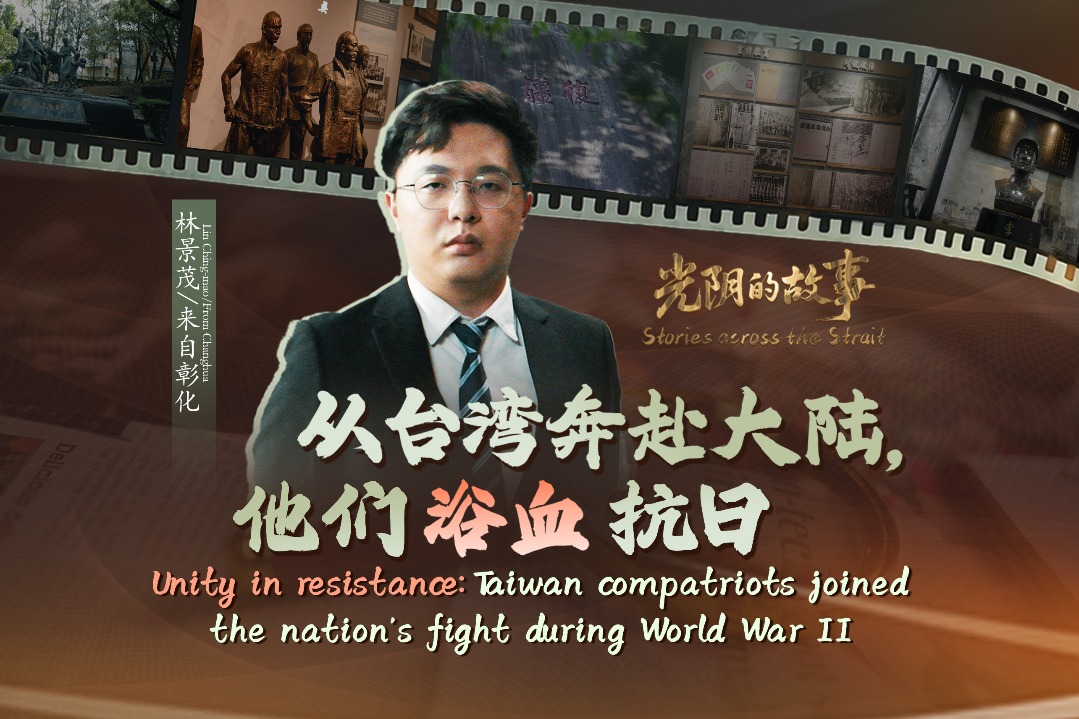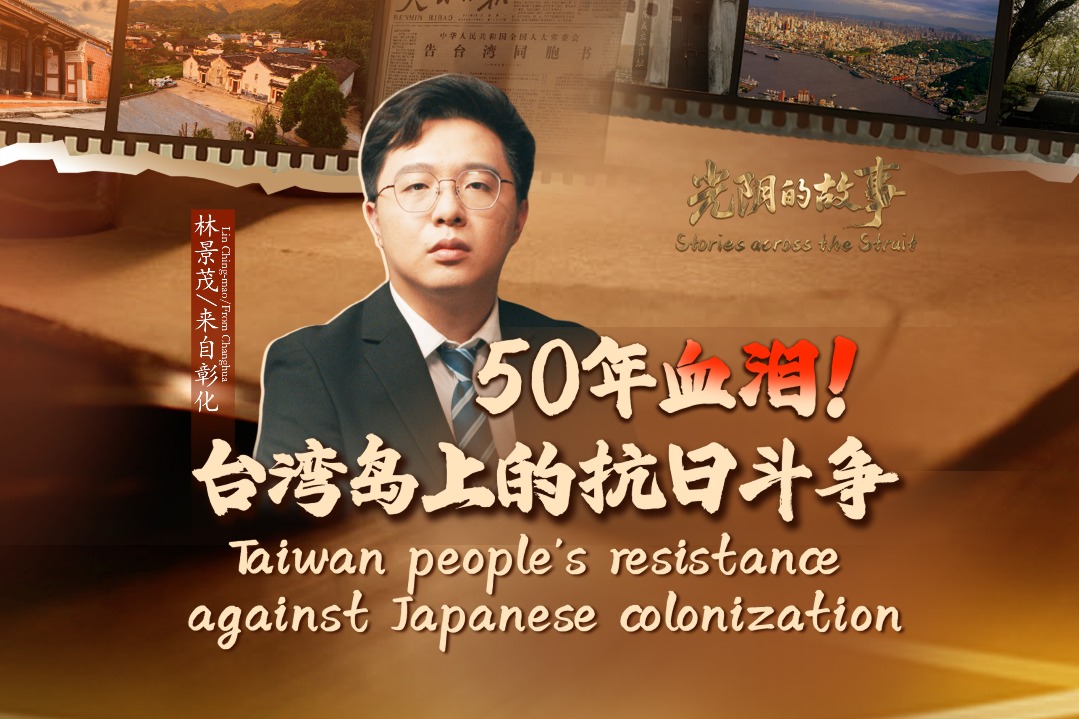Joint collaboration helps children enjoy cuisine, inherit skills through practice

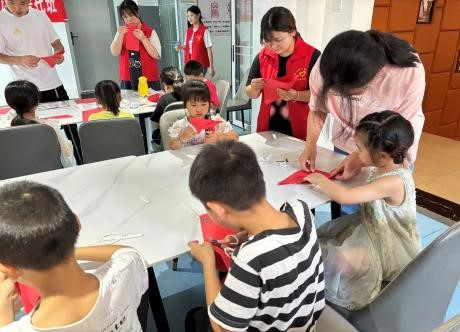
A group of university students from Southwest China's Sichuan province, in collaboration with local enterprises, have launched a social practice program aimed at helping children gain knowledge and grow through various hands-on activities.
In Pingshan county, part of Yibin city, children are learning to appreciate traditional cuisine and inherit intangible cultural heritage skills through practical experiences, alongside cultural lessons.
Nine students from the Oxford Brookes College social practice team at Chengdu University of Technology kicked off an 18-day program that explores new ways to support the growth of rural left-behind children and offer them timely assistance through hands-on practices.
They engaged in the activities between July 13 and 30 in line with the essence of the country's rural vitalization drive and the call to enhance children's development as stipulated in the report of the 20th National Congress of the Communist Party of China.
To ensure the smooth progress of the activities, the team members thoroughly communicated with the characteristic textile industrial park in Pingshan county and Dingfa community, establishing a three-party linkage mechanism.
The partnership has shown remarkable results with enterprises providing material support and practice sites for the activities; community assessment of the needs of children who were left behind by parents working in cities, and assistance by the university in deploying its educational resources to organize the activities and care for the children.
Thinking that cultural infiltration lays a foundation, the left-behind children were taught to get closer to traditions and cultivate skills through hands-on practice — experiencing the reunion implication of traditional cuisine, learning intangible cultural heritage skills, enjoying paper-cutting and free-style painting.
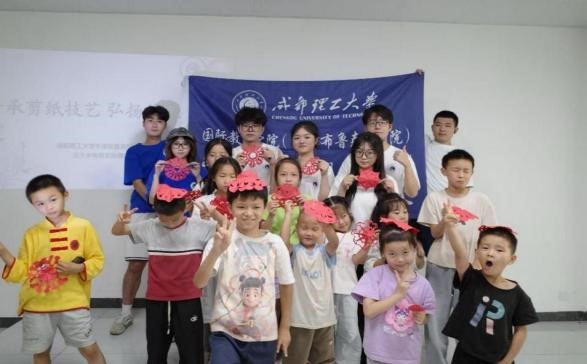
Recognizing that knowledge broadens children's cognitive horizons, the university volunteers launched a "mobile classroom" for left-behind children between July 21 and 24 with diverse programs, helping the children gradually understand the principle that "protecting nature is protecting life".
Yao Zhenyu, a volunteer and ex-serviceman, was also invited to share the heroic deeds of Wang Mingzhang, a general of the Sichuan army, helping the children learn about the loyalty and responsibility of revolutionary martyrs.
The school-community-enterprise linkage model has been recognized for providing innovative solutions to the challenges faced by left-behind children.
- Joint collaboration helps children enjoy cuisine, inherit skills through practice
- Building barriers against shifting sands
- New evidence of historical Japanese germ-warfare unit released
- Taiwan compatriots joined the nation's fight during WWII
- 80th anniversary of WWII victory
- From Flying Tigers to Kuliang hills, US family treasures friendship with China since WWII
















